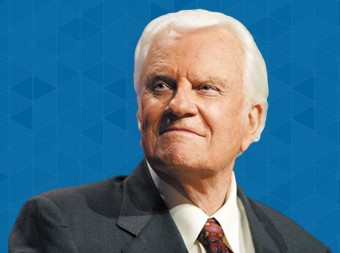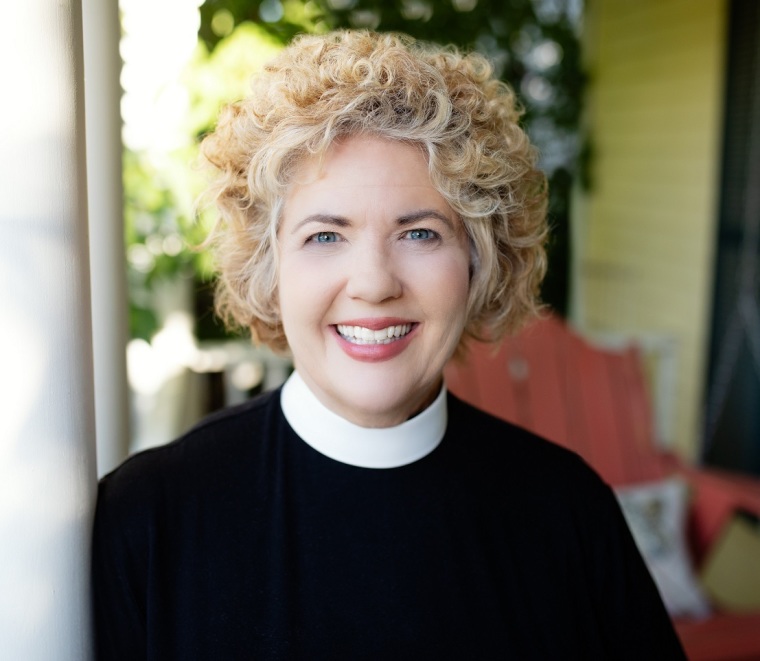How Can a Loving God Allow Suffering?
Posted by Temmy
Thu, June 27, 2024 12:06pm
Callie Weems was a nurse and the twenty-three-year-old mother of a ten-month-old daughter named Ivy. According to Callie’s mother, Ivy was a constant source of entertainment and wonder to the new mom.
Then came last Friday, when a gunman opened fire at a store in Fordyce, Arkansas. Callie died, helping to save the life of another victim. Arkansas State Police Director Mike Hagar said of her, “Instead of fleeing the store, she stopped to render aid in one of the most selfless acts I’ve ever seen.”
Her mother explained Callie’s motivation: “God gave her the strength to run into that store to help. She was strong enough in her faith that if something happened, she knew where she was going, and that was paradise.”
If believers must account for evil
Yesterday, in response to ongoing clergy abuse scandals, we explored perhaps the hardest question Christians must face: Why does our all-knowing, all-loving, all-powerful Father sometimes allow innocent victims to suffer at the hands of people who purport to be ministers and leaders in his church?
We admitted that this horrific issue often causes non-Christians to question the validity and relevance of our faith in such a God. As we respond today, let’s begin with this fact: If believers must account for the evil perpetrated by Christians, skeptics must account for the sacrificial deeds of believers like Callie Weems.
Such deeds dot the landscape of Christian history, from the founding of hospitals and universities to the abolition of slavery and the benevolence of Christians in giving to charitable causes. However, a skeptic can reply in several ways:
o Christians are taught that such giving will benefit us with future rewards as we “lay up for yourselves treasures in heaven” (Matthew 6:20).
o Believers who serve others are often recognized in this life and rewarded accordingly.
o An evolutionist might suggest that we are intrinsically motivated toward altruism to bring gain, prevent punishment, and reduce the aversive arousal that comes from observing others in need.
But then we learn of people like Callie Weems, who respond instinctively and sacrificially to a crisis despite all she risked. We read of Christians such as Maximilian Kolbe, who died in a starvation bunker at Auschwitz after volunteering to take the place of a man with a family.
And we are encouraged to believe that “Christ in you, the hope of the glory” (Colossians 1:27) really does transform sinners into new creations (2 Corinthians 5:17) who reflect the sacrificial character of Christ (Romans 8:29) to the glory of God (1 Corinthians 10:31).
“Wager, then, without hesitation”
What, then, of Christians whose evil acts harm victims made by God in his image (Genesis 1:27) and beloved by his Son (Romans 5:8)?
As we saw yesterday, God sometimes—but not always—protects people from evils perpetrated by the misuse of human freedom. This is just one dimension of the larger fact that the Lord does not always do what it seems his character as the God who “is” love (1 John 4:8) should require him to do.
In such crises, we have a binary choice: we can decide that he is not who his word claims him to be (despite evidence of his transformational love), or we can decide that he is who his word claims him to be (despite innocent suffering in our fallen world).
Each decision requires faith to believe despite arguments to the contrary.
It may be that Pascal’s Wager can help us here. The mathematical and philosophical genius wrote:
Let us weigh the gain and the loss of wagering that God is. Let us estimate these two chances. If you gain, you gain all; if you lose, you lose nothing. Wager, then, without hesitation that [God] is.
Now let’s add this: A relationship with God, like any other relationship, requires a commitment that transcends evidence and becomes self-validating. You cannot prove that you should go to a particular school, trust a particular friend, or marry a particular person—until you do. You examine the evidence to be sure, but then you must make a decision that becomes self-affirming.
In the same way, when we choose to trust God even though we do not understand him, our trust positions us to receive his healing presence in ways we cannot prove but can truly experience.
When I met God on the Sea of Galilee
This happened to me on the Sea of Galilee a few weeks after our son’s cancer diagnosis. I was teaching our study group from Matthew 14, where Jesus walked on the stormy water to his disciples. When our boat stopped at the very place where this miracle occurred, I invited our group to name their “storm” and trust it to our omnipotent Lord.
Then I did what I asked them to do, placing our son in the hands of God’s Son. When I did, I can testify that “the peace of God, which surpasses all understanding,” flooded my mind and heart (Philippians 4:7). I did not know that he would be healed, but I knew somehow that God would do whatever is best.
This is not always how he answers my prayers. Sometimes I need to pray with the father of the demon-possessed son: “I believe; help my unbelief!” (Mark 9:24). But when I choose to step beyond what my finite, fallen mind can comprehend and trust the omniscience and omnipotence of my Father, I have found that, to paraphrase Kierkegaard:
God is not a problem to be solved, but a reality to be experienced.
What “storm” will you trust to him today?
|








